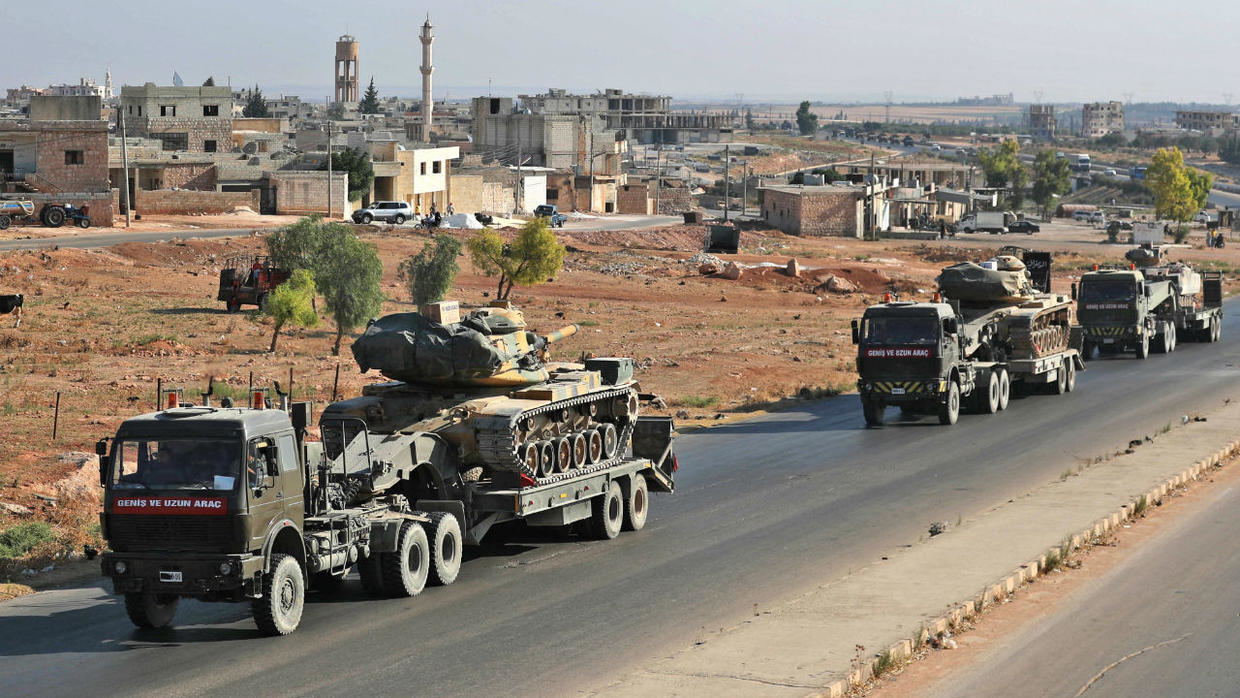CAIRO, Egypt (North Press) Growing Turkish influence in the Middle East has raised questions about Arab actions to confront Turkish moves. Some Arab parties see Turkish involvement as a threat to Arab national security as a whole. There are decisions and statements issued by the Arab League that would counter the Turkish influence, but they are far from direct implementation due to different attitudes among Arab states in this regard.
The Turkish moves in the region has alerted some Arab countries to the seriousness of these moves regarding their national security and interests, while other Arab countries still have deep relationships with the Turkey, according to politicians.
Arab attitudes
Arabs’ attitudes and reactions were timid and more limited to theoretical statments than real actions, with the exception of the direct threat made by Egyptian President Abdel Fattah Al-Sisi, last June to direct military intervention in Libya in the event that Turkey surpassed Sirte-Al-Jufra.
Since the summer of 2017, Qatar has faced a boycott from several neighboring countries over its alleged support of extremism, a move initiated by Saudi Arabia. Since then, ties between Doha and Ankara have become increasingly close. Like Turkey, Qatar supports the Muslim Brotherhood. From Qatar’s perspective, Libya is a country where it can confront Saudi Arabia indirectly and hamper its plans.
In early January, the Saudi government criticized Turkey’s involvement in Libya. In a press statement from the Foreign Ministry in Riyadh, the kingdom condemned the recent Turkish escalation in Libya and the Turkish parliament’s approval of a troop deployment to Libya, which it said violated UN Security Council decisions.
Diplomatic tensions between Turkey and the United Arab Emirates (UAE) have resurfaced once again after the two sides were engaged in a war of words over the crisis in Libya.
The Turkish influence
Turkey supports the Tripoli-based and UN-recognized Government of National Accord (GNA), and has signed a military cooperation agreement with it to help the fight against Haftar’s LNA, backed by the UAE and its ally, Saudi Arabia.
Political analyst Ilhami al-Meligy said that “Turkish ambitions affect the Arab region, but a limited number of Arab countries face those ambitions, especially Egypt, the Libyan National Army (LNA), the United Arab Emirates, and Saudi Arabia, as well as Syria, while some countries face the new Ottoman project with silence, believing that this is sufficient to protect them from the dangers of the project in their country.”
Arabs attitudes have contributed to curtailing the Turkish project because of the seriousness of these countries, who posses the military, political, and economic capabilities that would enable them to achieve their goals in the face of this expansionary colonialist project, according to al-Meligi.
In a special statement to North Press, al-Meligi said that “what is delaying the end of the expansionist Turkish project is the Arab division in dealing with Turkish ambitions. While some countries face it, there are countries that support the project economically and politically, represented by Qatar and the Sarraj government in Libya.”
“The Turkish project gains support from all branches of the Muslim Brotherhood movement in the Arab countries. Some other countries support the project through negative dealings with it, such as Algeria and Morocco, for internal considerations related to the power of political parties in their societies,” he added.
Although there are Arab League decisions that fall within the framework of countering Turkish influence, their effect is limited to political confrontation, as the League does not have the mechanism to implement its decisions.
Front lines country
Ayman Samir, an expert in international relations, said in a special statement to North Press that “perhaps it is possible to attract Arab countries with neutral attitudes towards the Turkish project to join the anti-Turkish countries, but the matter needs initiatives and a popular and official effort.”
Samir attributed the difference in Arab positions to the nature of each political system in each country.
Libyan Question
The Libyan case shows different Arab positions. Though that there is a consensus between a group of Arab countries to confront Turkish influence, they do not have a consensus on the political details, unlike the dispute among Egypt and Saudi Arabia over who will succeed as commander of the LNA.
Ziyad Akl, an expert at Al-Ahram Center for Political and Strategic Studies, said that the countries’ positions in the international crisis unites them according to their interests.
He confirmed that “the Arab world did not have an active alliance in Libya…The League of Arab States does not play an active role in Libya…there are a lot of important changes inside Libya, in addition to the intense conflict over the gas resources in the Mediterranean,“ pointing to the growing Turkish role in the eastern Mediterranean.

